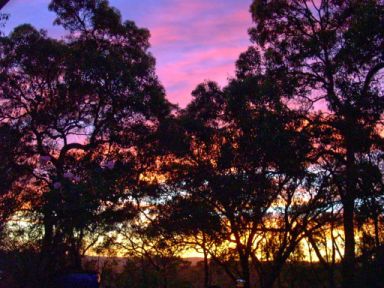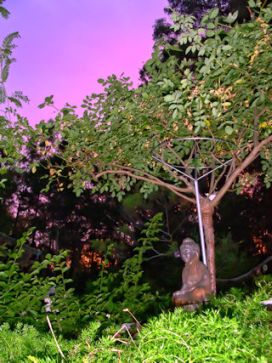 Need an energy boost? Want a coffee? Hold that thought. Time in nature could be a better option. Richard Ryan, professor of psychology at the University of Rochester, says, “Often when we feel depleted we reach for a cup of coffee, but research suggests a better way to get energized is to connect with nature. Nature is fuel for the soul.”
Need an energy boost? Want a coffee? Hold that thought. Time in nature could be a better option. Richard Ryan, professor of psychology at the University of Rochester, says, “Often when we feel depleted we reach for a cup of coffee, but research suggests a better way to get energized is to connect with nature. Nature is fuel for the soul.”
The studies on the effects of nature on boosting energy

New research tested whether the increased energy linked with being in nature is because of exercising and mixing with people, often present in these situations. To find the effects of nature alone, nearly 550 college students took part in five studies in actual and imagined settings.
- In one study the students went on a 15-minute walk through indoor hallways or along a tree-lined river path.
- In another study the students viewed photos of buildings or landscapes.
- In the third study the students imagined themselves in various settings, both active and inactive, inside and outside, and with and without others.
- Two final studies tracked the students’ moods and energy levels throughout the day using diary entries. Over either four days or two weeks, students’ recorded their exercise, social interactions, time spent outside, and exposure to nature, including plants and looking out windows.
The results of the studies
The studies found that the students felt more energetic when they spent time in natural settings or imagined themselves in such places.
How much time in nature is enough to make us feel more alive?
Being in nature for 20 minutes a day is enough to boost energy levels, according to the research results.
Other research shows that simply thinking about past pleasant outdoor experiences in nature can increase feelings of health and happiness.
A recent analysis of about 1,250 people, of different ages, gender and mental health, found just five minutes of exercise in a park, garden, on a nature trail, or other green nature setting can improve mental health.
Ryan says, “We have a natural connection with living things. Nature is something within which we flourish, so having it be more a part of our lives is critical, especially when we live and work in built environments.”
Ryan concludes that these studies highlight the importance of being able to spend time in parks and natural surroundings, and including natural elements in our buildings through windows and indoor plants.
Visit the University of Rochester’s website to read more about the five studies in the series. These studies are published in the June 2010 issue of the Journal of Environmental Psychology.

 December 31st, 2010
December 31st, 2010  Nyomi Graef
Nyomi Graef  Posted in
Posted in 

great story!!
Thanks Harry.
All the best
Kind regards,
Nyomi